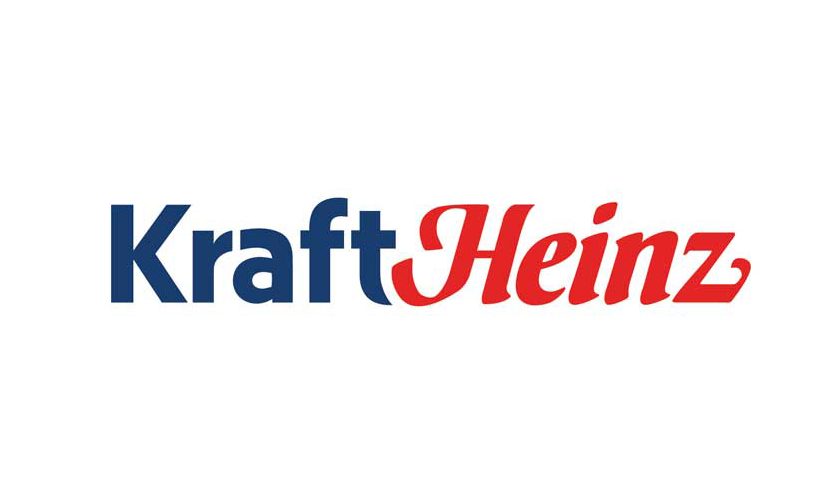The Kraft Heinz Co. has announced a new goal to reduce the use of virgin plastic in its global packaging portfolio by 20 percent by 2030. This is a step in decreasing its use of fossil fuels and finding more sustainable product packaging options.
The change is estimated to reduce the use of about 100 million pounds of virgin plastic, the equivalent of nearly five Eiffel Towers in weight.
This goal builds on the current investments the company has made across its portfolio to reduce plastic use and meet its broader packaging goals, including aiming to make 100 percent recyclable, reusable or compostable packaging by 2025, and aiming to reach net-zero greenhouse gas emissions by 2050, while halving emissions by 2030.
“To achieve our ESG goals, including to reach net-zero GHG emissions, we can’t continue to do things as we have in the past,” said Rashida La Lande, EVP, global general counsel and chief sustainability and corporate affairs officer at Kraft Heinz.
“We are investing in innovative technologies and partnerships that are critical to helping us redesign packaging, eliminate unnecessary plastic, increase our use of recycled content and influence the adoption of reuse models. This is one more way we’re renovating our product portfolio to not only offer more sustainable options, but to deliver on our consumer expectations.”
Replacing virgin plastic with recycled content
Kraft Heinz is building on the work with the U.S., Canada and U.K. Plastic Pacts to increase the use of recycled content in its packaging. The company targets replacing 15 percent of its U.S. PET rigid plastic packaging portfolio with post-consumer recycled content by 2025.
- Kraft Real Mayo and Miracle Whip plan to transition packaging to 100 percent recycled content in the U.S. beginning in 2024, in an effort to eliminate approximately 14 million pounds of virgin plastic.
- Heinz moved to 30 percent recycled content in most of its bottles in Brazil, the U.K. and Europe.
- Heinz partnered with specialists in the U.K. to create recyclable Heinz Beans Snap Pots from soft plastics that were returned to Tesco by consumers. The recyclable pots are food-safe and made with 39 percent recycled plastic.
Material elimination or reduction
Kraft Heinz is identifying packaging solutions that use less plastic, such as eliminating unnecessary plastic components.
- Shake ‘N Bake removed its plastic “shaker” bag from its signature packaging last year to help eliminate 900,000 pounds of plastic waste annually. Effective across its full product portfolio, this was the brand’s first step toward a more sustainable future and an easy way for consumers to make a difference.
- Heinz launched an eco-friendly multipack paperboard sleeve to replace plastic shrink-wrap in the U.K., eliminating more than 1 million pounds of plastic in 2022.
Exploring material alternatives
Kraft Heinz is also exploring the use of alternative materials like fiber-based packaging with the hope that these innovations could be used for other packaging formats in years to come.
- Heinz announced a pilot with Pulpex in 2022 to develop a paper-based, renewable and recyclable bottle made from 100 percent sustainably sourced wood pulp for Heinz Tomato Ketchup – a first in the sauce category. The company is currently testing the prototype to assess performance before bringing the bottle to the market.
- Nabob coffee in Canada replaced its non-recyclable flexible plastic coffee bags with recyclable canisters made from 80 percent paper fiber from renewable resources this year. This change is estimated to eliminate approximately 2.5 million plastic bags annually.

